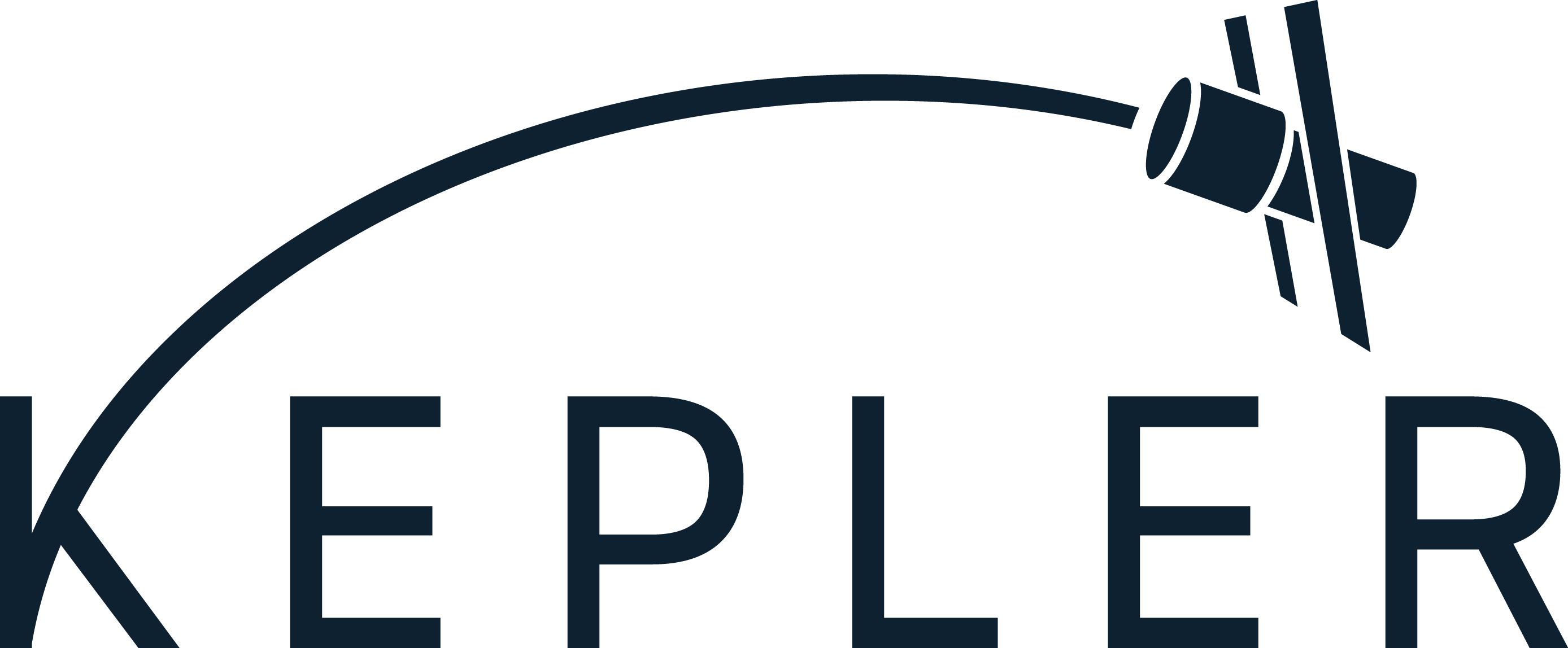The purpose of this post is to cut through the noise. The internet is awash with new content, and even worse, an over-emphasis on the novel. This post contains things that, while they may be old, should still be valuable in a decade. It is…
- Pull, not push (get what you want, when you want)
- Just in time (organized so that you can find what’s relevant to you)
- Short (heavily curated so that each item is incredibly valuable)
TOPICS COVERED BELOW:
- General Startup Advice
- Books
- Hiring and Management
- Managing Your Own Psychology
- Fundraising
- Marketing
- SaaS, Enterprise & Sales
- General Startup Lessons
- BD & Partnerships
GENERAL STARTUP ADVICE:
These sites offer great content about startups. Most things aren’t worth following or digging around the archives on, but these folks are.
Venture Hacks
Fred Wilson
First Round Review
The Grove (Sequoia)
Ben Horowitz
Paul Graham’s Essays
Sam Altman
RECOMMENDED BOOKS
High Output Management, Andy Grove
The Score Takes Care of Itself, Bill Walsh
The Innovator’s Dilemma, Clayton Christensen
Zero to One, Peter Thiel
Hiring and management
Paul English wrote about his process for hiring at Kayak. His method is ruthlessly efficient, unique, and clearly sends the message that hiring good people is important.
Kim Scott talks about general management and culture using examples from Dropbox, Apple, Google, Twitter, and Square.
Steve Newcomb prides himself on creating “cults” instead of teams. This essay has good advice and lessons from both Newcomb and other notable operators.
Yishan Wong wrote 5 essays about how to build and manage engineering teams based on his experience at Facebook.
Keith Rabois teaches a class on “how to operate,” combining lessons from Square, PayPal, Slide, and LinkedIn into a series of rules you can learn from. Here is a post from Keith’s chief of staff distilling his management lessons.
Naval Ravikant talks about building a team that ships. He lays out how to build a swat team that needs less managing.
Andrew Kortina wrote a nice piece on conducting engineering reviews.
Tyler Willis wrote a nice piece on one-on-ones and how to run them effectively.
AngelList Radio interviewed experts on management, here are those episodes.
Managing your own psychology
Ryan Holiday teaches how to use stoicism to improve your outlook on, and reactions to, life’s hardest situations.
Further Reading: The Obstacle is the Way
Ben Horowitz’s The Struggle describes the emotional challenges facing all entrepreneurs.
“The Struggle is not failure, but it causes failure. Especially if you are weak. Always if you are weak.”
Ben Horowitz, The Struggle
Ben Horowitz’s The Most Difficult CEO Skill explains more academically why the CEO role is so hard.
He gives some ideas on how to manage your own psychology without ignoring the stress that can drive you to winning.
Fundraising
Naval Ravikant and Babak Nivi have written Venture Hacks – which is one of the most comprehensive collections written about venture capital financing. If you’re raising for the first time, you should read everything in their archives.
Khosla Ventures on pitch decks – specifically pay attention to Khosla’s point around highlighting the risks and contingencies.
Sequoia Capital also does a good job highlighting the key parts of a good business plan (see slide 3).
Here are two templates that founders can use to prepare for fundraising. If you’re raising a seed round, these are the two primary things you need to focus on getting right.
Reid Hoffman did a great analysis of his Series B deck for LinkedIn. PitchEnvy did a nice job sharing Square’s Series C deck, which is similarly good. Note that both of these have far more information than an earlier-stage company would – while you may not have clarity on the answers at your stage, you should have clarity around the critical questions
Marketing
Good folks to follow:
Andrew Chen
Brian Balfour
Jascha Kaykas-Wolff
Press Relations and Influencer Marketing
Getting the attention of your critical audience can be hard, here are some examples of how to make it work:
Growth and User Acquisition
Growth and customer/user acquisition are the life-blood of every startup. There are several simple methods you can use to create and sustain a world-class growth engine.
Here are some lessons from great practitioners:
Marketing Management
Setting up an organization, hiring the right team, setting the right goals, and understanding how to analyze and report your progress are critical skills for any marketer.
Here are some lessons from great marketers on how they manage this in their businesses:
- Kelly
- Kagan
- Balfour [1, 2]
- Kaykas-Wolff
SaaS, Enterprise, and Sales
Jason Lempkin grew EchoSign through it’s acquisition by Adobe and knows how to scale from $0 to $100M in annual sales for a SaaS business. He writes a blog called SaaStr, which contains lots of good learnings about SaaS and sales.
General Reflections and Lessons Earned
- How to Start a Startup: Summary and Class Videos by Sam Altman
- Slava Akhmechet, RethinkDB
- Sam Altman, YCombinator
- Jason Goldberg, Fab
- CS183 (Entrepreneurship) Class Notes by Peter Thiel (and Blake Masters)
Business Development and Partnerships
Videos
Here is a good playlist that you can use to replace your TV and cable subscription. Just don’t confuse learning with executing. 🙂
